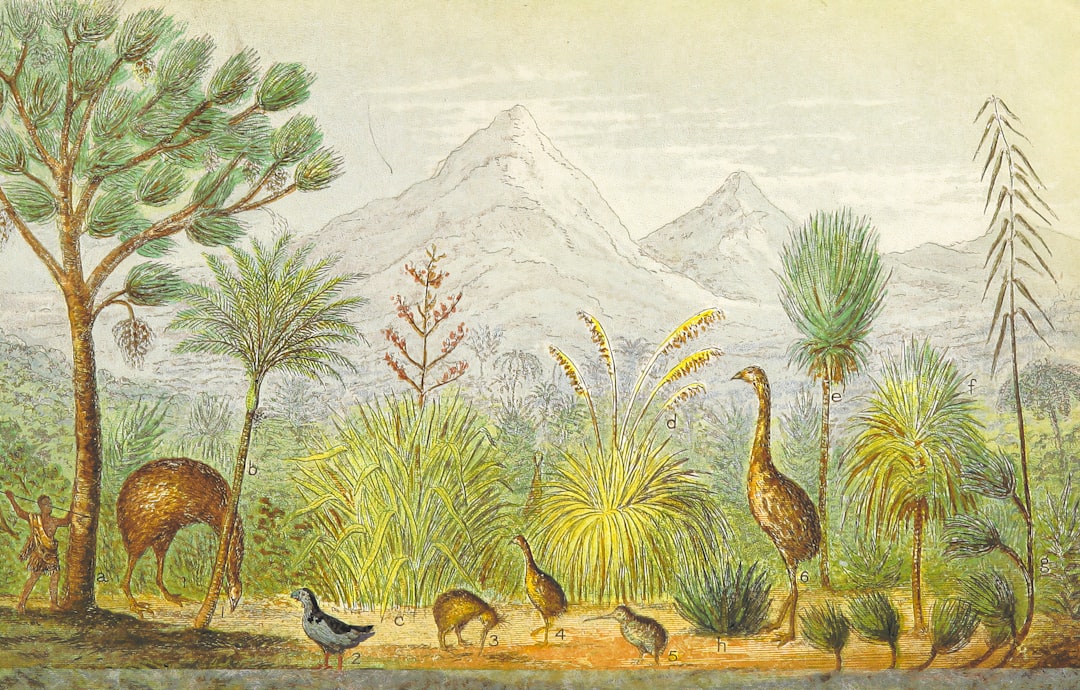The Evolution and Impact of English Literature
Introduction
English literature, a term encompassing works written in English, is not just a reflection of the language’s evolution but also a rich tapestry capturing historical, cultural, and social movements. From the ancient epic poem Beowulf to modern digital storytelling, English literature includes poetry, prose, drama, and non-fiction. This article explores the development, major periods, influential authors, and enduring impact of English literature, complemented by detailed tables for clarity.
Historical Development of English Literature
English literature has evolved over centuries, shaped by historical events, cultural changes, and interactions with other languages. Its key periods include:
Table 1: Major Periods of English Literature
| Period | Time Frame | Representative Works & Authors | Notable Features |
|---|---|---|---|
| Old English | 450–1066 | Beowulf; Caedmon’s Hymn | Oral tradition, heroic poetry, alliteration |
| Middle English | 1066–1500 | Geoffrey Chaucer’s The Canterbury Tales | Rhyming verse, religious themes |
| Renaissance | 1500–1660 | Shakespeare, John Donne, Christopher Marlowe | Sonnet, blank verse, drama, humanism |
| Neoclassical | 1660–1798 | Alexander Pope, Samuel Johnson, John Dryden | Satire, reason, emphasis on form |
| Romantic | 1798–1837 | Wordsworth, Coleridge, Byron, Keats, Shelley | Nature, emotion, individualism |
| Victorian | 1837–1901 | Charles Dickens, Brontë Sisters, Thomas Hardy | Social criticism, realism, morality |
| Modern | 1901–1945 | Virginia Woolf, T.S. Eliot, James Joyce | Stream of consciousness, experimentation |
| Postmodern/ Contemporary | 1945–present | Salman Rushdie, Zadie Smith, Ian McEwan | Playfulness, metafiction, diversity |
Genres and Forms in English Literature
English literature spans a variety of genres, each adapting to changing tastes and technological developments.
Table 2: Main Genres and Their Features
| Genre | Characteristics | Major Examples |
|---|---|---|
| Poetry | Rhythm, rhyme, metaphor, emotion | Shakespeare’s Sonnets, T.S. Eliot’s The Waste Land |
| Drama | Written for performance | Shakespeare’s Hamlet, Christopher Marlowe’s Doctor Faustus |
| Prose | Narrative, character-driven | Jane Austen’s Pride and Prejudice, George Orwell’s 1984 |
| Non-Fiction | Essays, biography, criticism | Samuel Johnson’s Lives of the Poets, Virginia Woolf’s essays |
Influential Authors and Works
English literature has shaped and been shaped by some of the world’s most influential authors. Here are a few notable figures:
Table 3: Pivotal Authors Across Periods
| Period | Author | Major Work(s) | Contribution |
|---|---|---|---|
| Renaissance | William Shakespeare | Hamlet, Romeo and Juliet | Innovator in drama and poetry |
| Romantic | William Wordsworth | Lyrical Ballads | Father of English Romanticism |
| Victorian | Charles Dickens | Great Expectations, Oliver Twist | Social commentary; character innovation |
| Modern | Virginia Woolf | Mrs. Dalloway | Stream of consciousness, feminism |
| Contemporary | Zadie Smith | White Teeth | Multicultural voice, modern themes |
Themes and Movements
Throughout its history, English literature has addressed a range of themes and given birth to new movements.
- Nature and the Sublime (Romantic era)
- Society and Class (Victorian era)
- War and Trauma (Modernism)
- Identity and Multiculturalism (Contemporary era)
- Technology and Alienation (Postmodernism)
The Global Impact of English Literature
The reach of English literature extends far beyond England. It has not only influenced world literature but also played a role in shaping ideas about identity, power, and culture across the globe. Writers from former British colonies, like Chinua Achebe, Salman Rushdie, and Arundhati Roy, have used English literature to both critique colonialism and express unique national experiences.
English Literature in Education
English literature is a cornerstone of curricula in English-speaking countries and beyond. Its study develops critical thinking, cultural awareness, empathy, and appreciation for language. Literature courses often explore:
- Textual analysis
- Literary theory and criticism
- Historical and cultural contexts
- Creative writing
Notable Literary Prizes
Table 4: Prestigious English Literary Awards
| Prize | Established | Focus | Notable Recipients |
|---|---|---|---|
| Nobel Prize in Literature | 1901 | Global literary achievement | Rudyard Kipling, Doris Lessing |
| The Booker Prize | 1969 | Best UK, Irish, or Commonwealth novel | Salman Rushdie, Hilary Mantel |
| The Costa Book Awards | 1971 | British and Irish authors, various genres | Mark Haddon, Kate Atkinson |
| The Women's Prize for Fiction | 1996 | Best novel by a woman in English | Madeline Miller, Chimamanda Ngozi Adichie |
Conclusion
English literature is both a legacy and a living art. Its ability to adapt—absorbing influences from other cultures, technologies, and art forms—marks it as one of the most dynamic fields of human expression. By exploring its history, genres, themes, and authors, readers gain not only entertainment but a deeper understanding of the complexities of human experience.
Further Reading
- The Oxford Companion to English Literature (Oxford University Press)
- A Short History of English Literature by Harry Blamires
- The Norton Anthology of English Literature (Norton)
Table Key:
- Representative works are seminal or typifying examples for each period.
- Characteristics highlight genre-defining elements.
- Prize focus shows eligibility or aim.
English literature continues to grow and redefine itself in the 21st century, proving that the stories and voices of the English-speaking world remain vital and ever-evolving.
